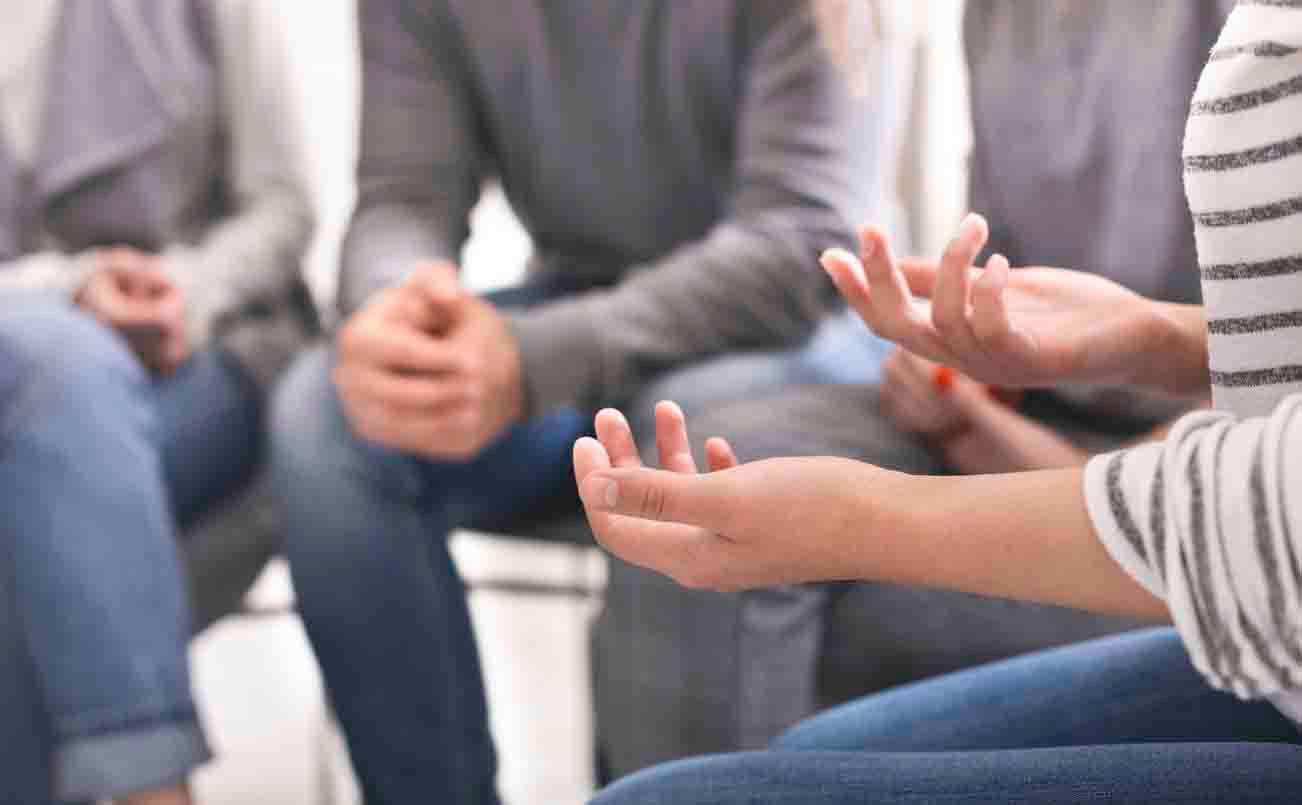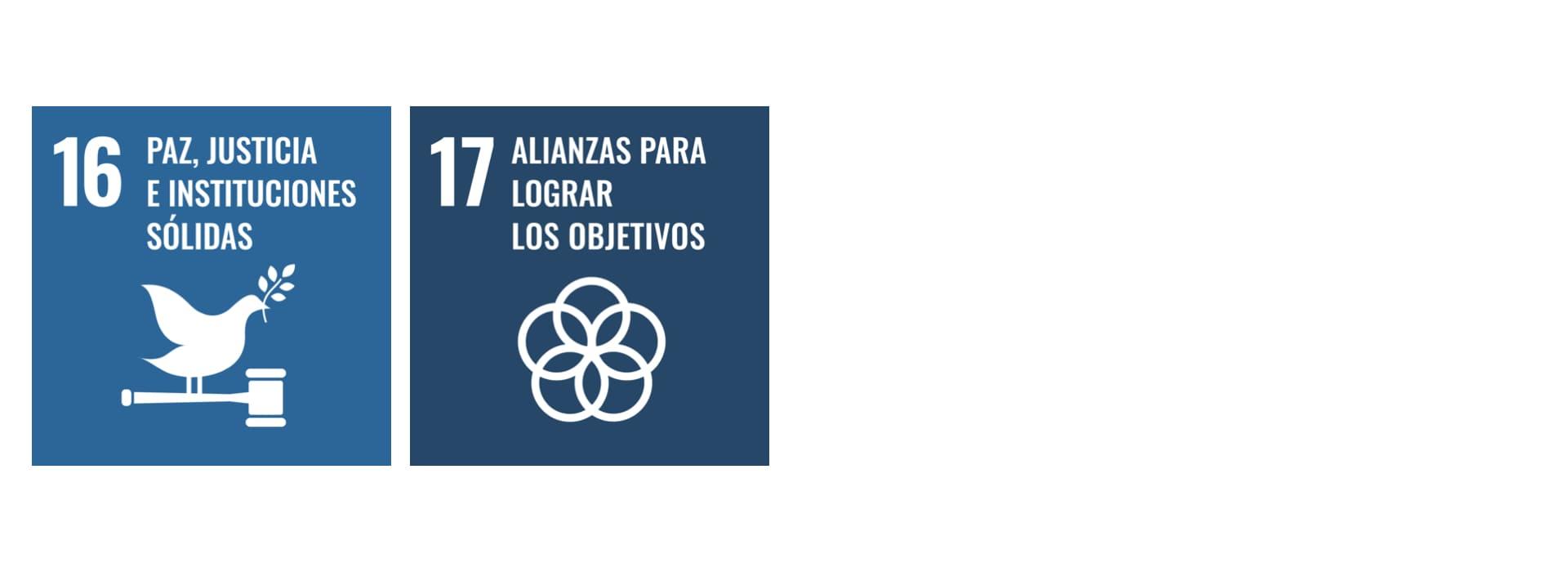
- About UPF-BSM
- Programs
- Faculty and research
- Companies and Organizations
- News & Events
The challenges for an ethical and sustainable coexistence
19 Octubre - 2021
Javier Wilhelm
Director of the Master in Professional Mediation
__
“It is never pleasant to be sick, but there are cities and countries that sustain us in illness, countries in which, in a way, one can trust oneself. A sick person needs softness around them, they need to lean on something,” Albert Camus.
The life we led before COVID-19 may not have been perfect, but it had an essential ingredient that gave us security: normality, or the feeling of it.
The post-pandemic reality is presented with an ingredient, which now more than ever is global: uncertainty; which makes us think that the professionals who work to promote coexistence must prepare themselves to face an uncertain future, in the best way they can.
Thinking that we will go through a traumatic situation without paying a psychological bill is, to say the least, naive, but it surely has more to do with the implementation of a defence mechanism that makes us believe that “time heals all” and that we do not have to do anything.
We have to think about designing and implementing, from public policies, friendly environments in which to lean and be accompanied, we need to know that we are not alone, that we can count on the other
We must be aware that the adaptive mechanisms that we have seen and experienced as a society start to be resented and symptoms appear that reveal a discomfort that we must observe and on which we, as mediation professionals, can act.
Perhaps as Camus stated, we have to think about designing and implementing, using public policies, friendly environments on which we can lean and allow ourselves to be supported, we need to know that we are not alone, that we can count on others and that there are support network institutions that will help us feel connected, a fundamental task of transformative mediation.
The health of a society does not depend purely and exclusively on the absence of pathology or suffering; it is also necessary to have a “positive” aspect to be able to speak properly of promoting well-being, that is, a full state of “health”. Expanding on this idea, the WHO maintains that “health” refers not only to the complete state of physical and mental well-being but also to social well-being. Thus, health in the broadest sense is basically a measure of the capacity of each person, or society, to do or become what they want to be using their own power.
The key to the WHO's idea is in the promotion of health, and the prevention of situations that generate unease, discomfort, and harmful adaptive behaviours; and it is here where mediation professionals and the culture of dialogue have a prominent place.
Covid-19 has not only attacked the body, it has also deteriorated people's economy, generated uncertainty about the present, the future, and part of the significance of known life.
We cannot think of twentieth-century solutions for a post-pandemic world. That map no longer corresponds to the territory, so we will have to innovate to set up collective dialogue systems that promote reflection, rather than reaction; tranquillity, in place of paralyzing fear; coexistence in the face of the feeling of isolation.
In the current context of exiting from the pandemic, at least in certain parts of the planet, the way people perceive the world has been altered; the stress generated by isolation, the uncertainty of a little-known disease and its possible consequences, have had a considerable impact on people’s lives and without doubt on the way they interpret their well-being and enjoy it, or suffer with it.
COVID-19 has not only attacked the body, but has also affected people's wealth, generating uncertainty about the present, the future, and part of the significance of known life. It has also induced repercussions in our way of experiencing the world, of connecting with our neighbours, thereby forcing us to reformulate coping strategies (Anglim & Horwood, 2021) that allow us to adapt efficiently to new realities.
Mediation gives us instruments to repair and re-weave the social network that makes us people, neighborhood, community and planet.
On 21 and 22 October, a group of more than 300 mediators from different parts of the world will meet at the VI International Congress on the Study of Mediation and Conflict at UPF-BSM, to think together and share strategies, innovative programs and methodologies that promote peace, dialogue, community, and above all, future projects, which in the end are the most vital elements that human beings have.
Viktor Frankl used to say: “It is not enough to ask yourself about the meaning of life, but you have to respond to it, with life itself.” We can and must honour life. Mediation gives us instruments to repair and re-weave the social network that makes us people, neighbourhood, community, and planet.
